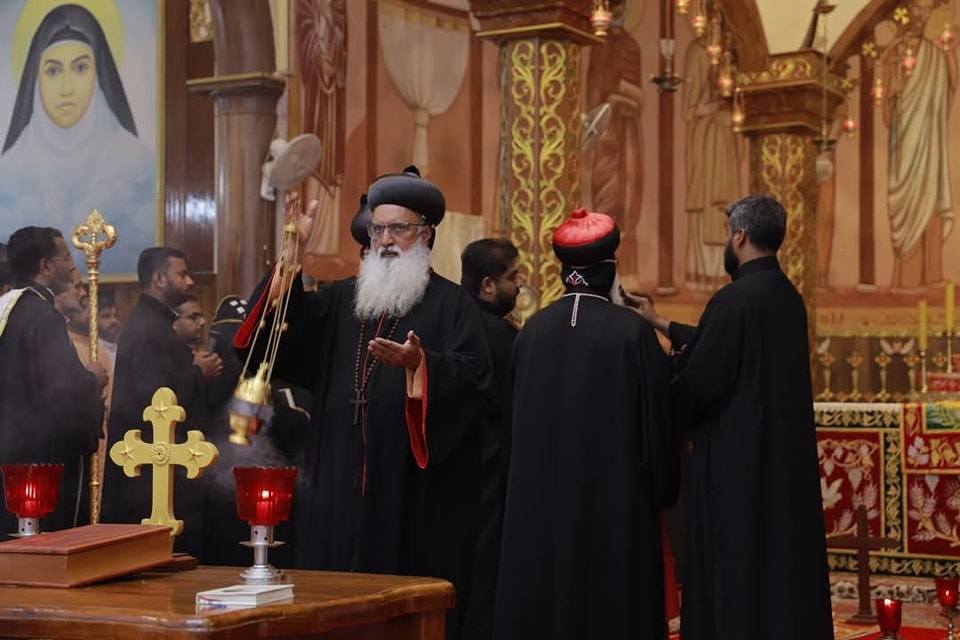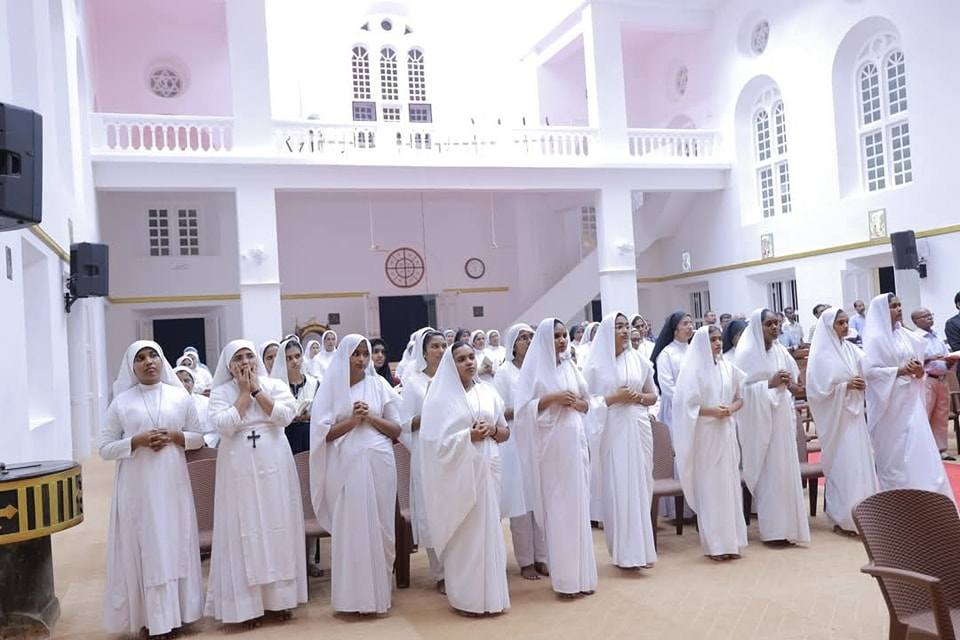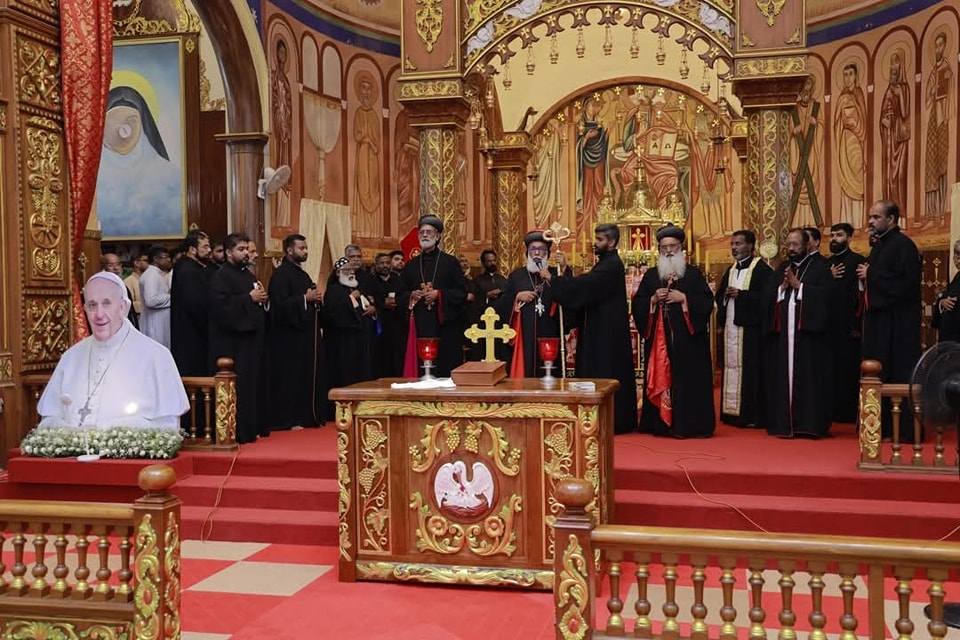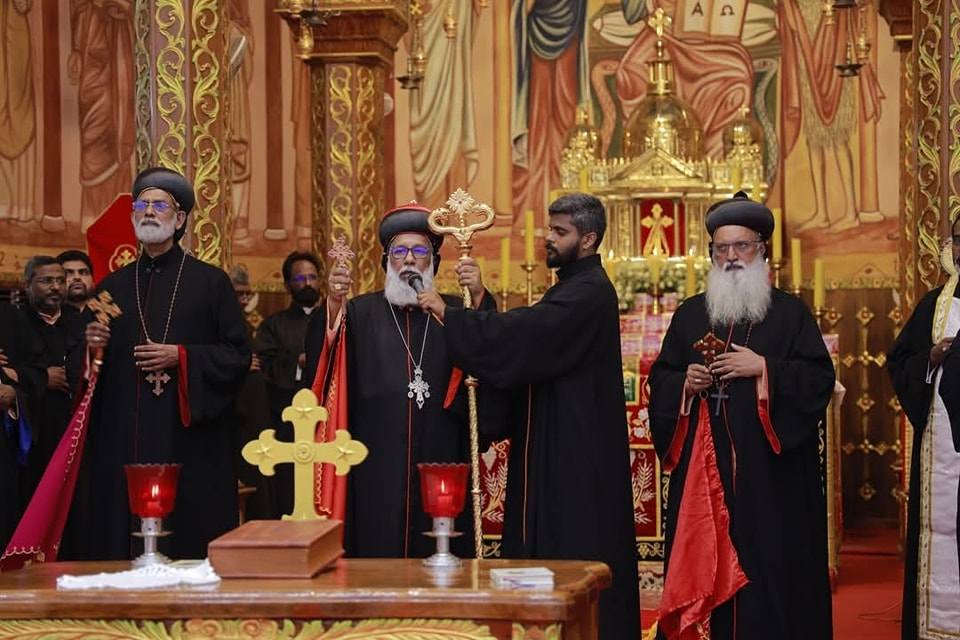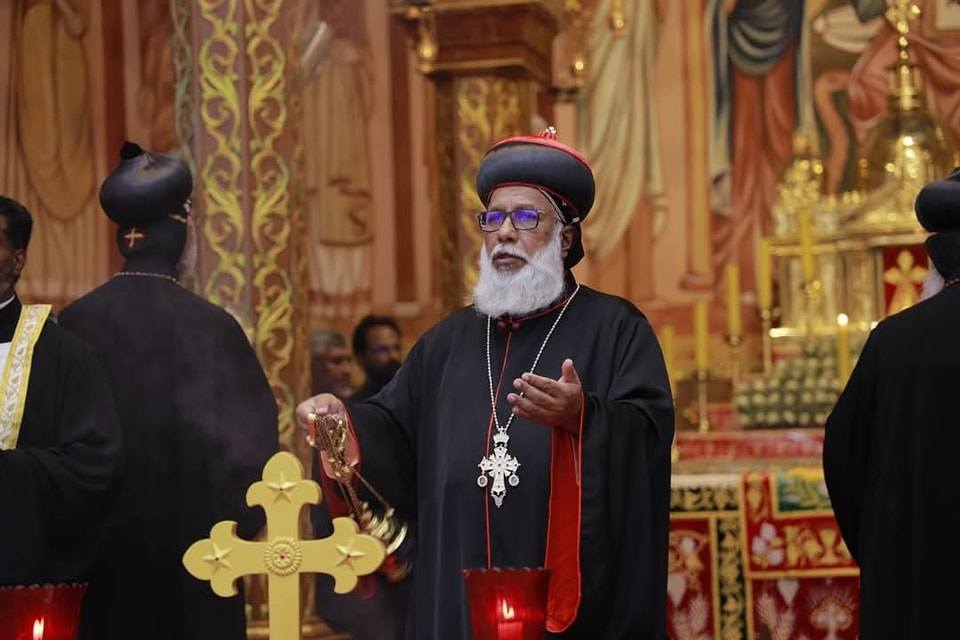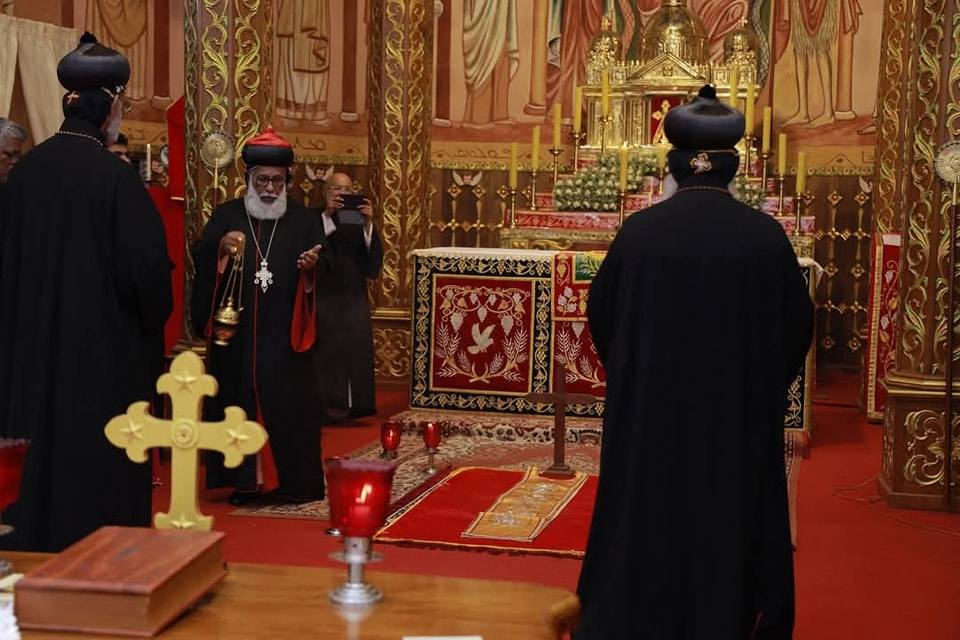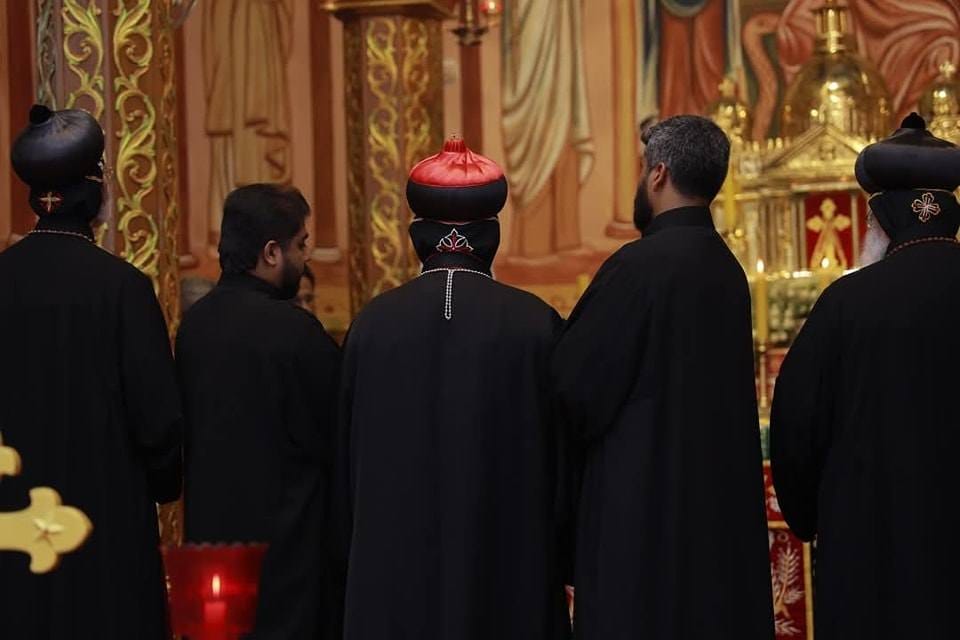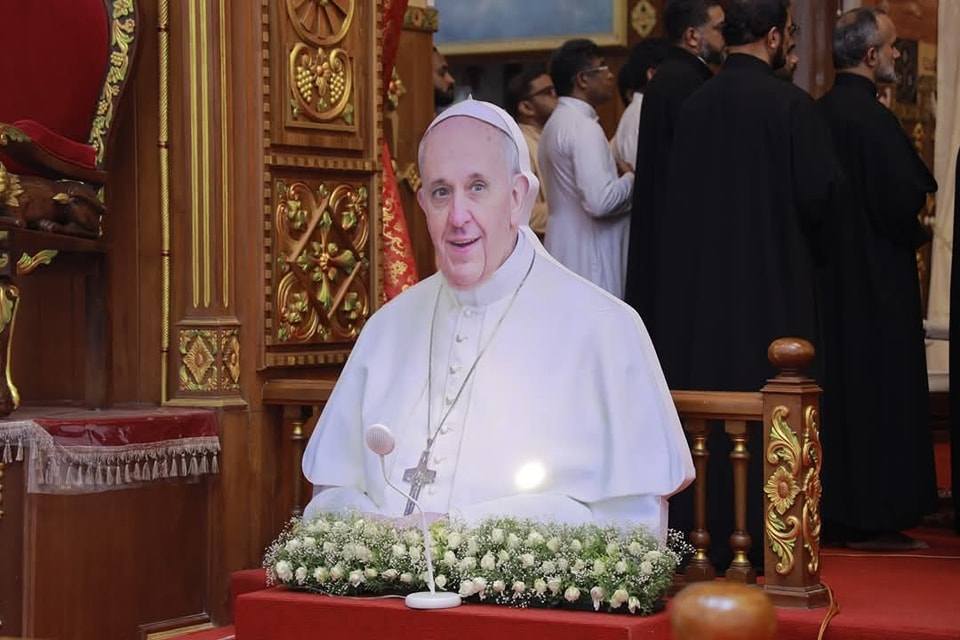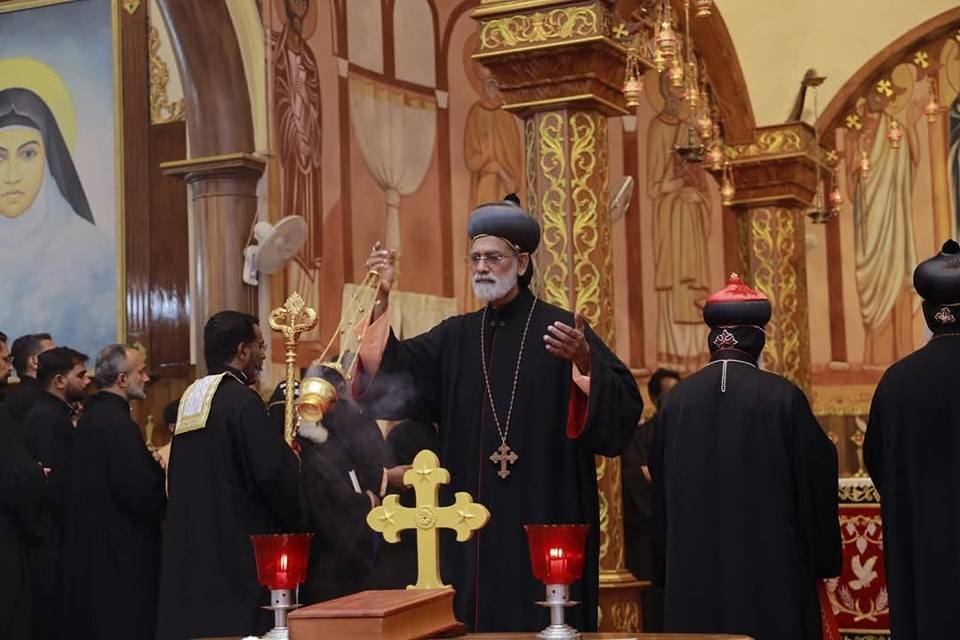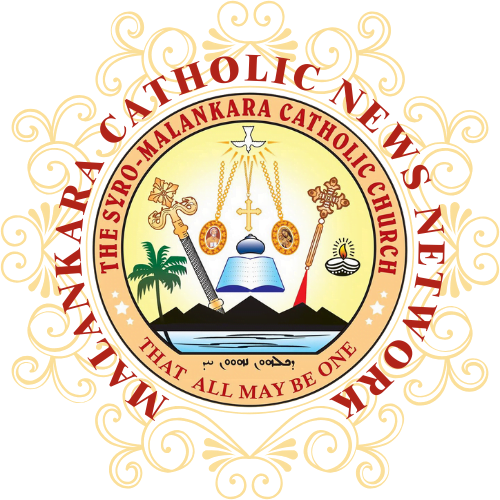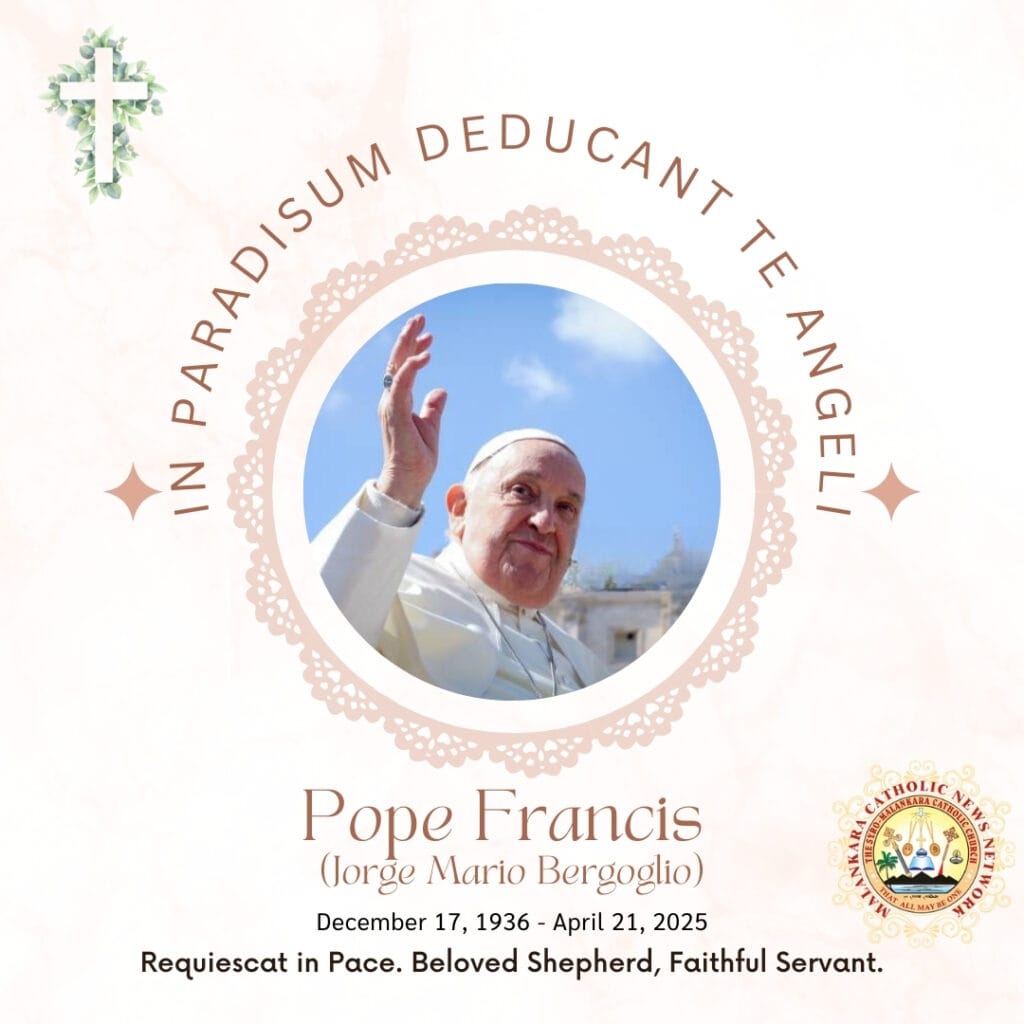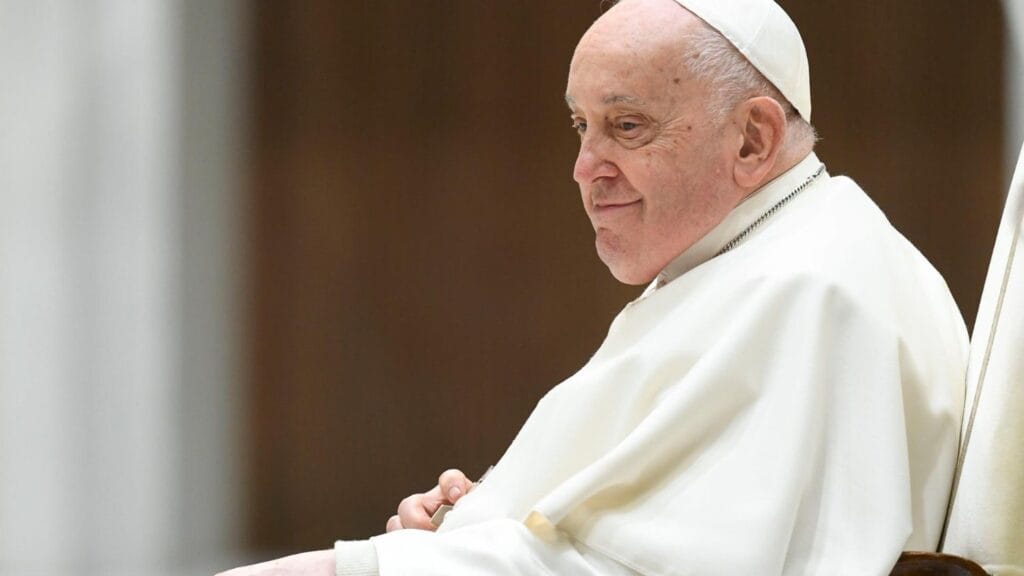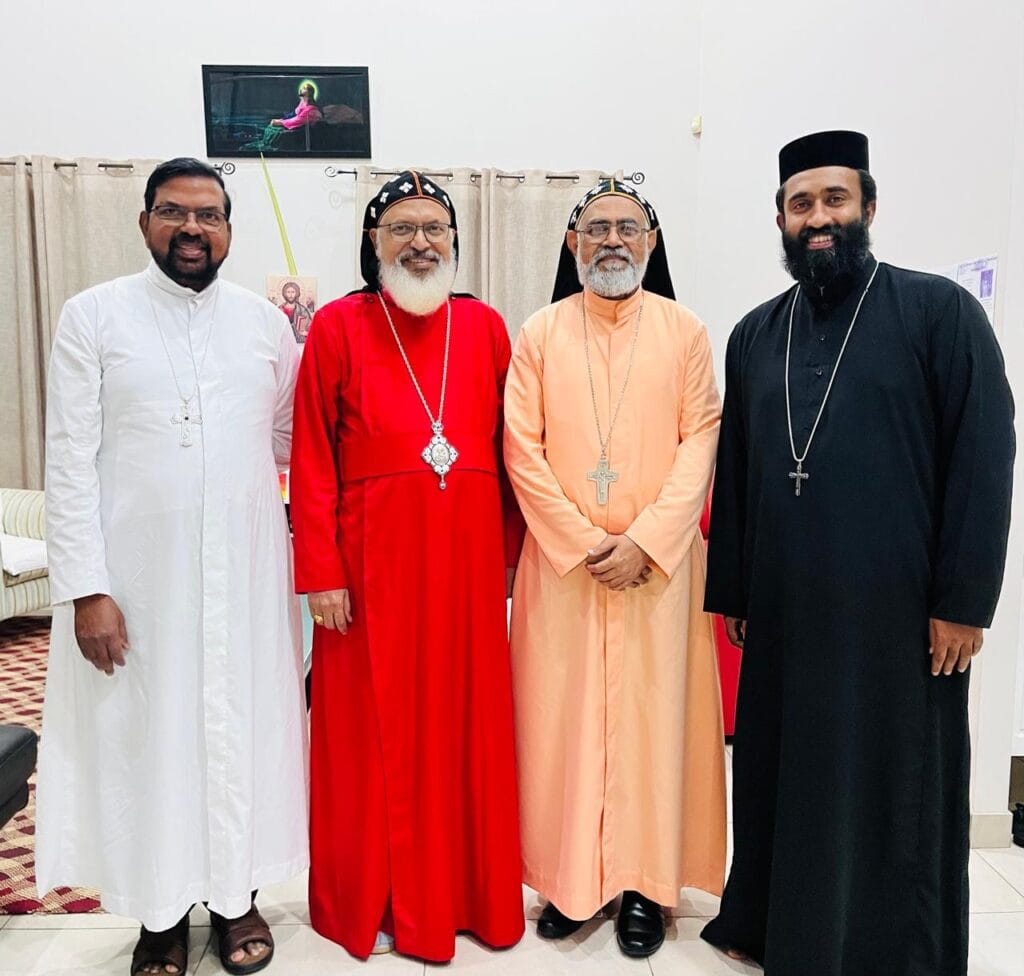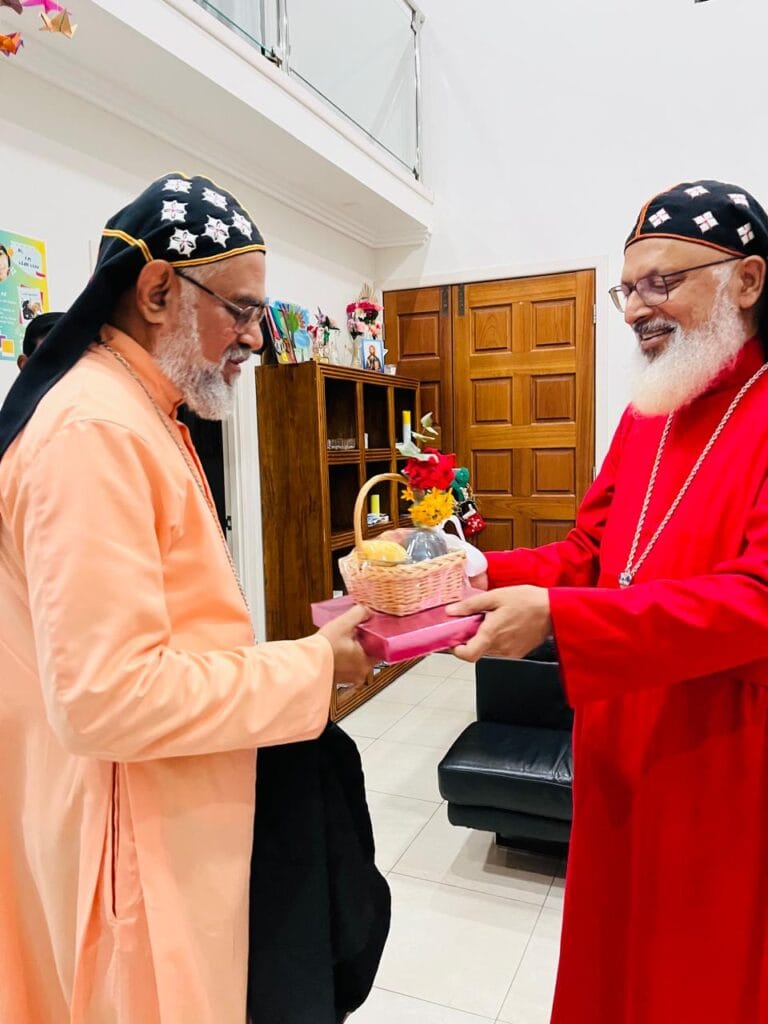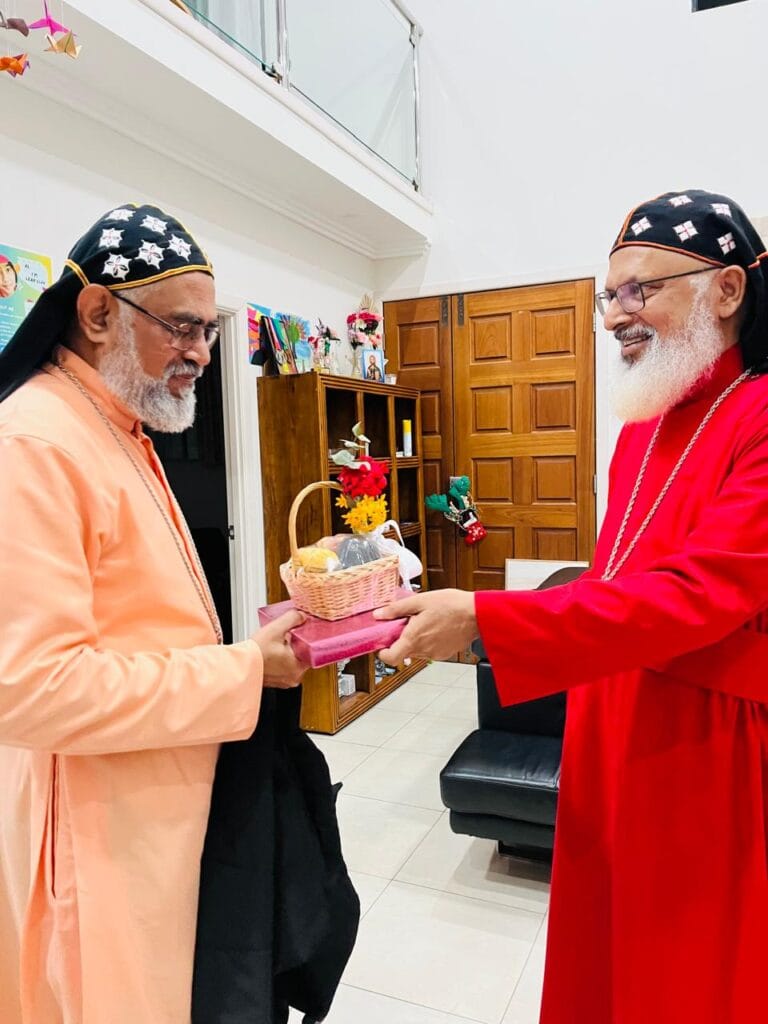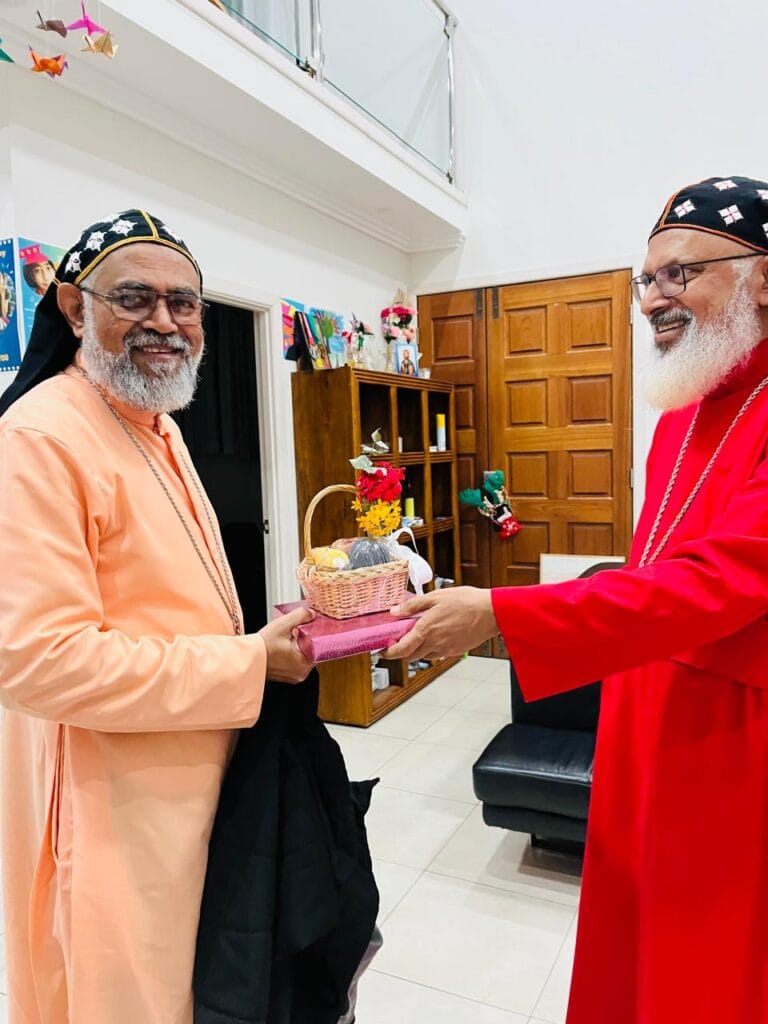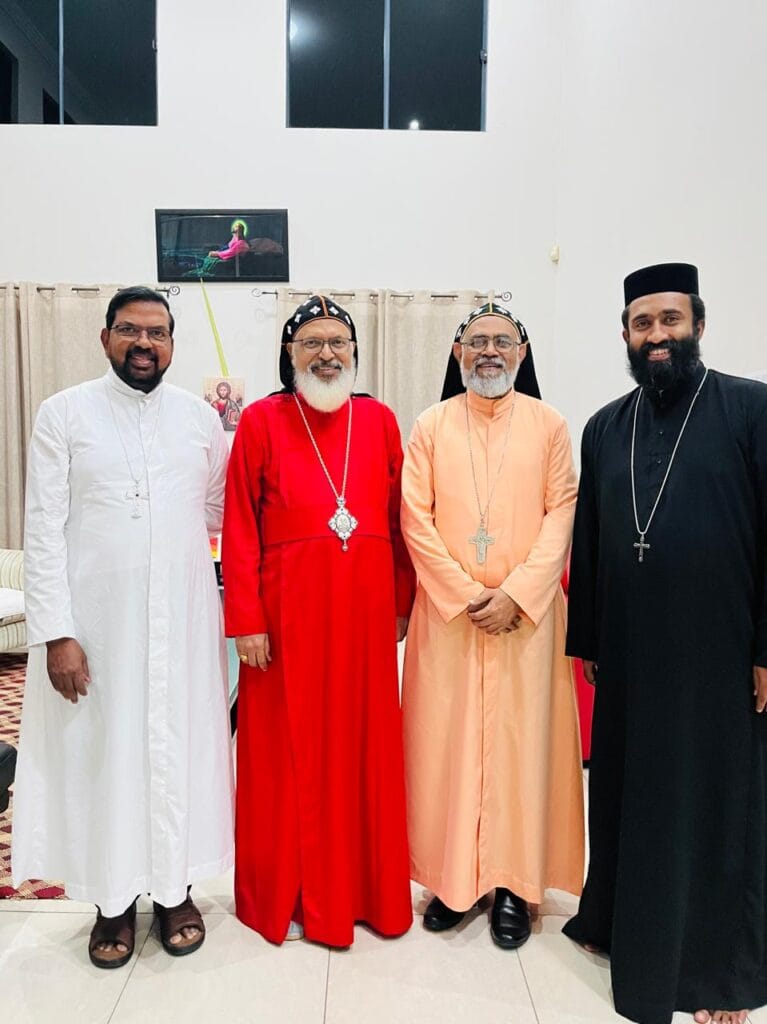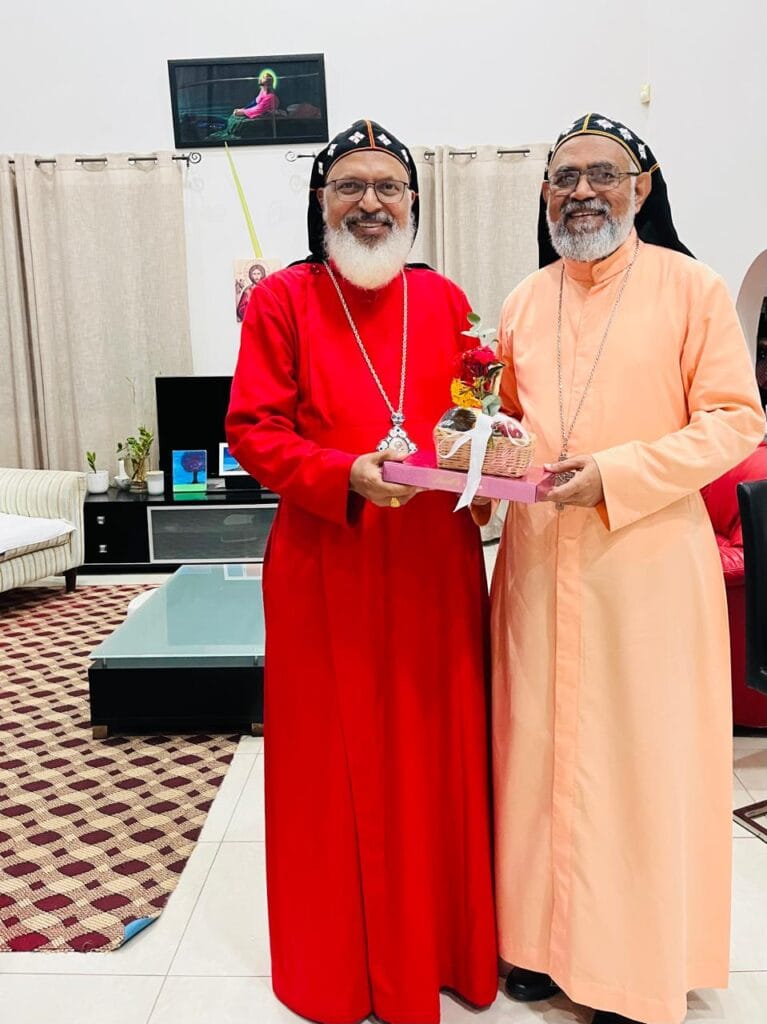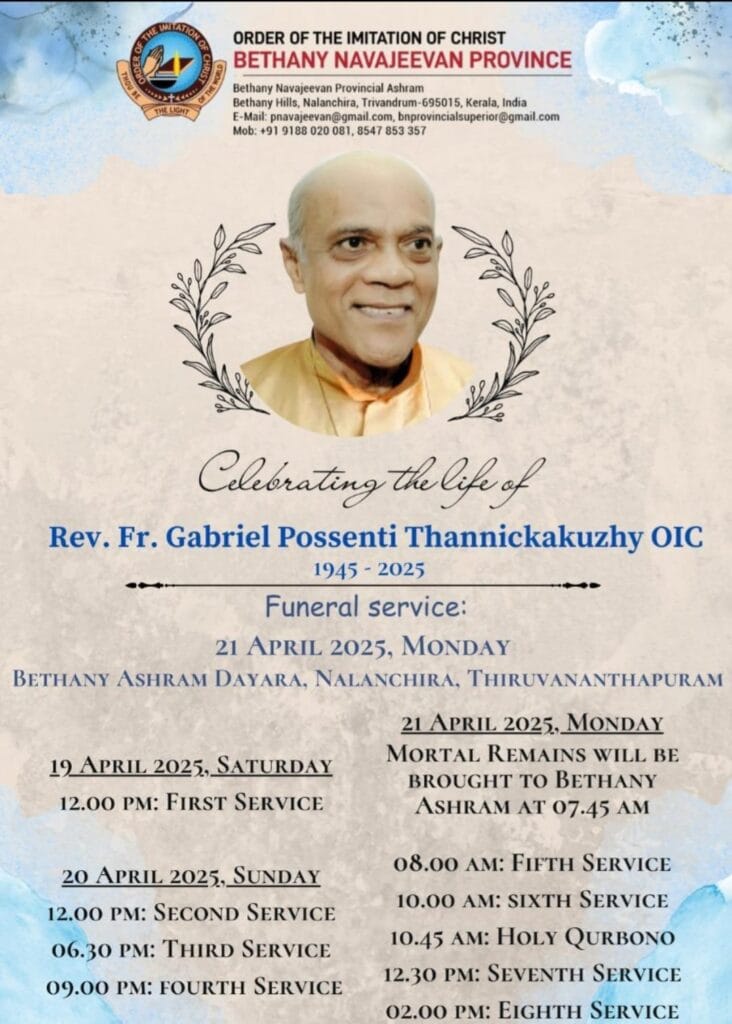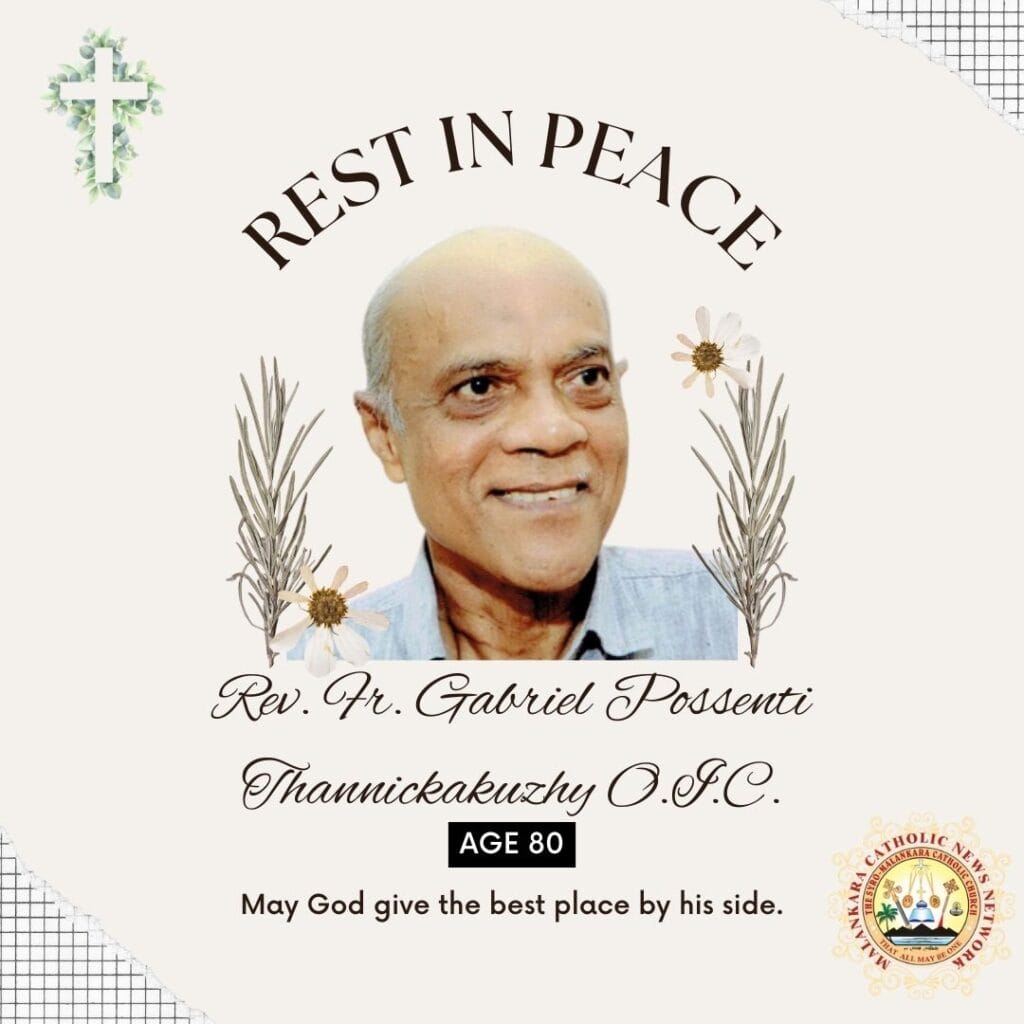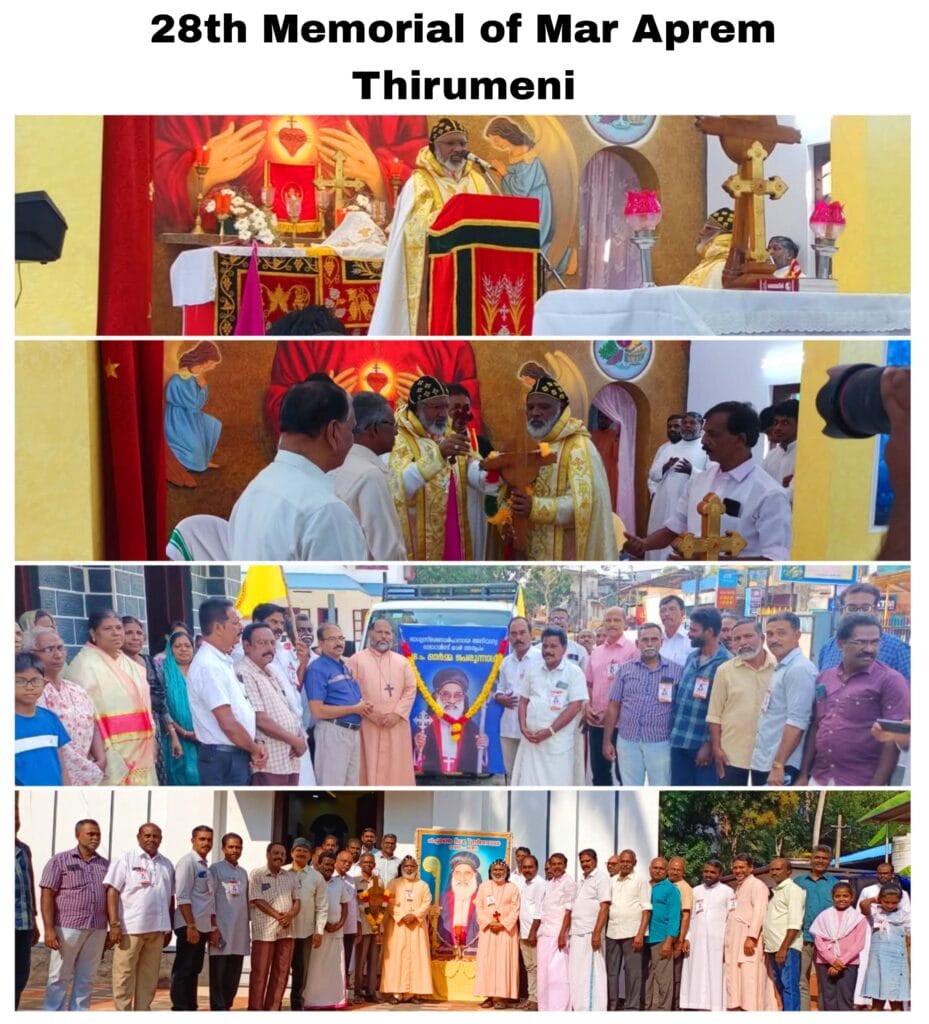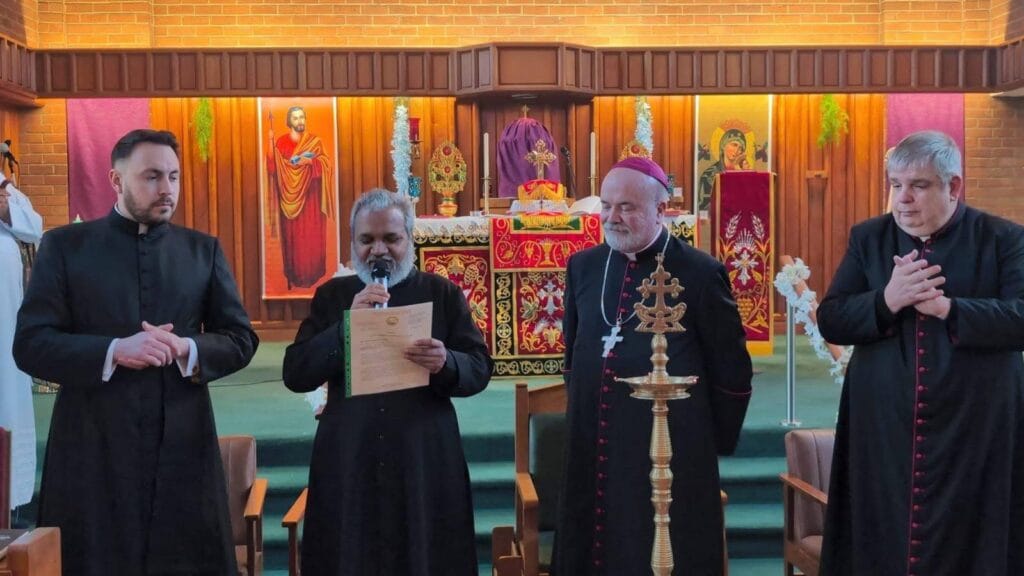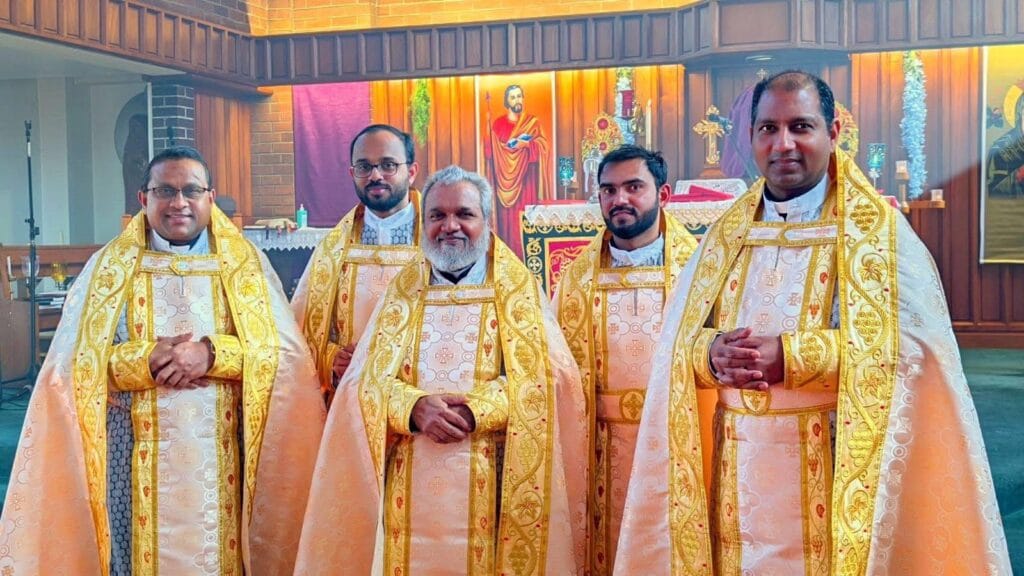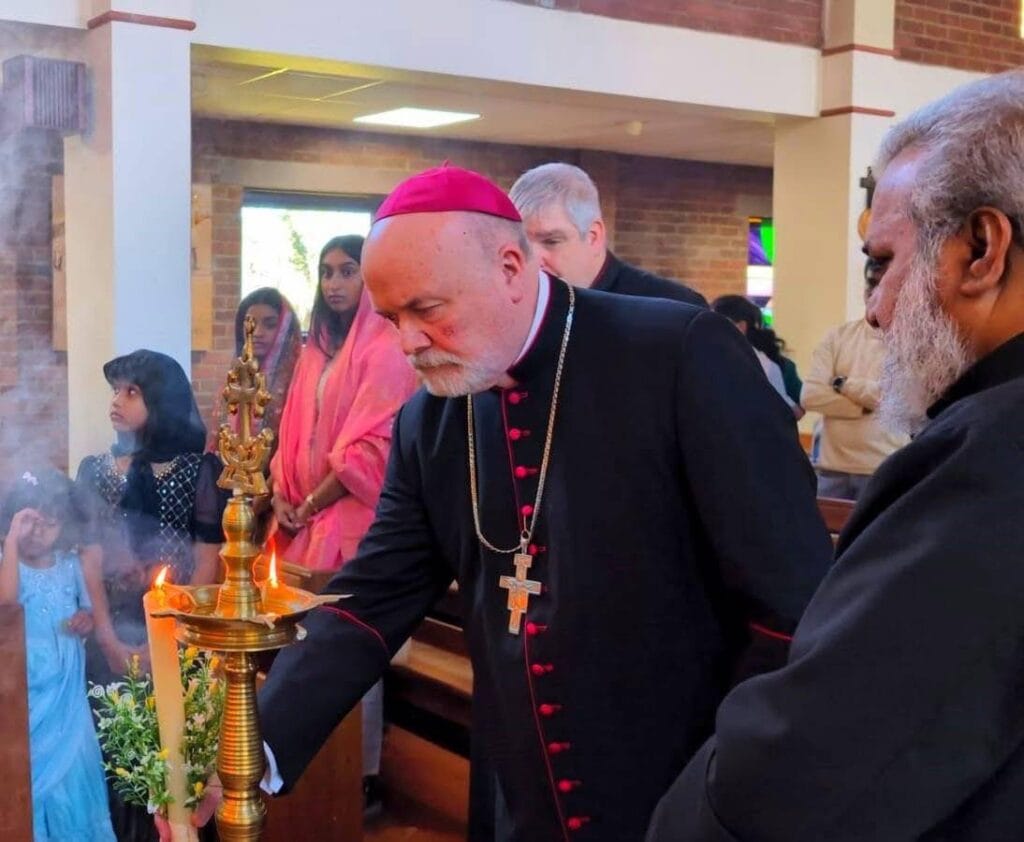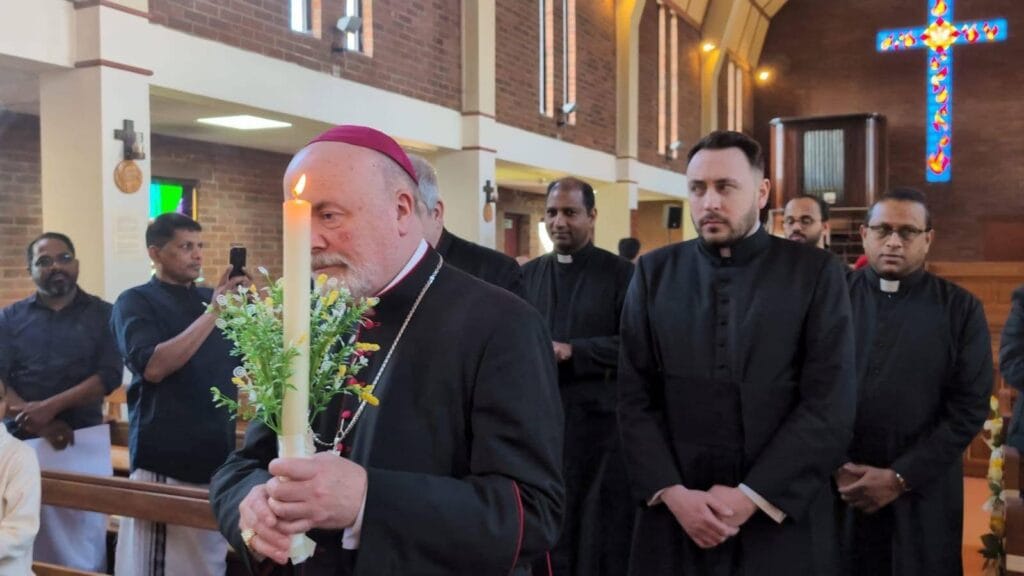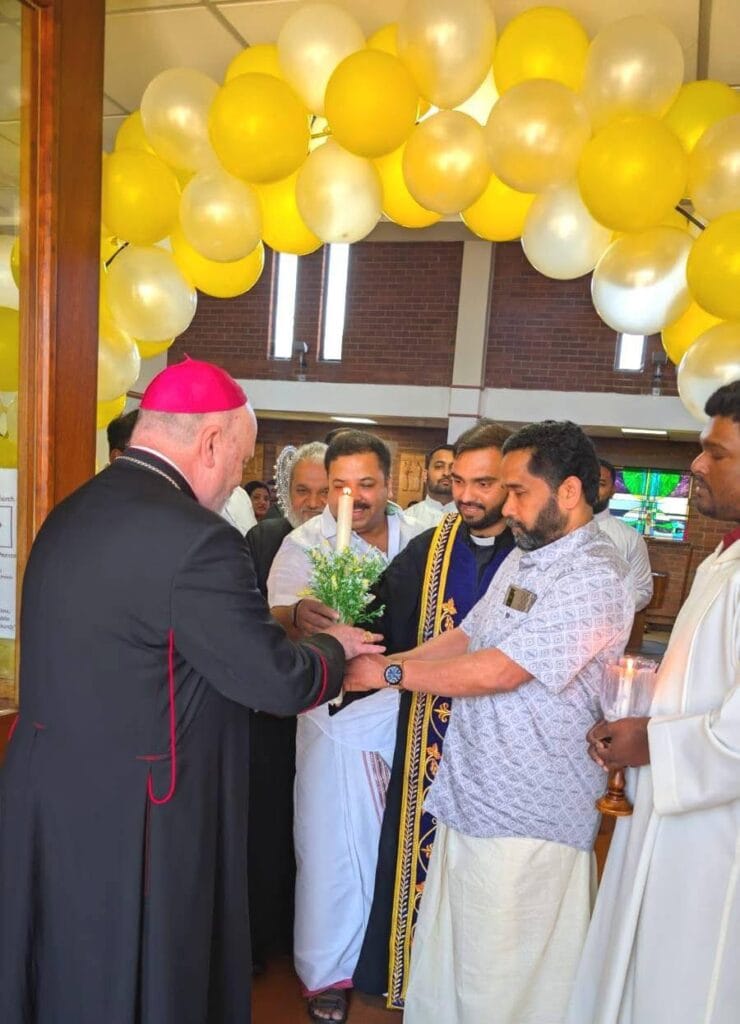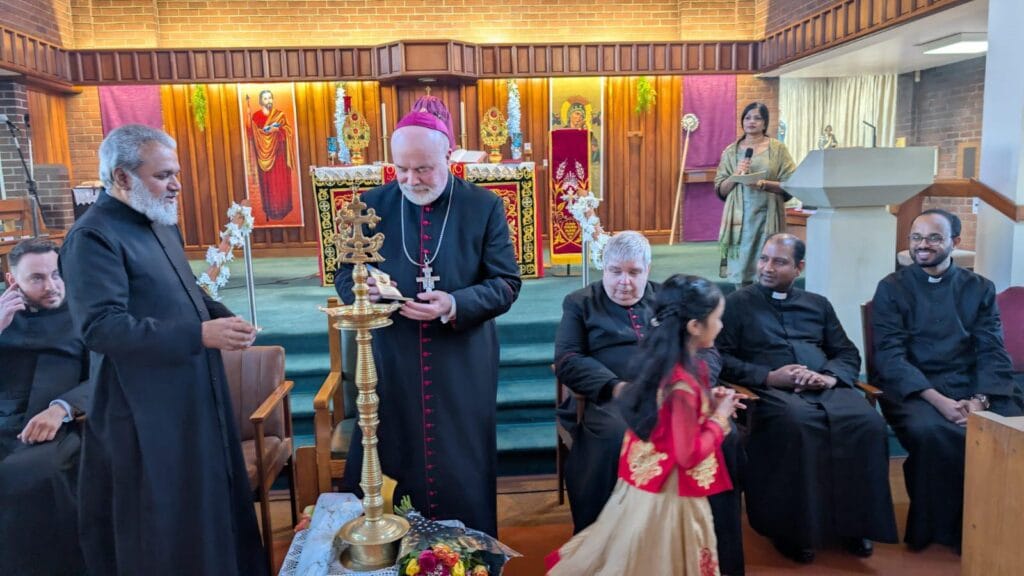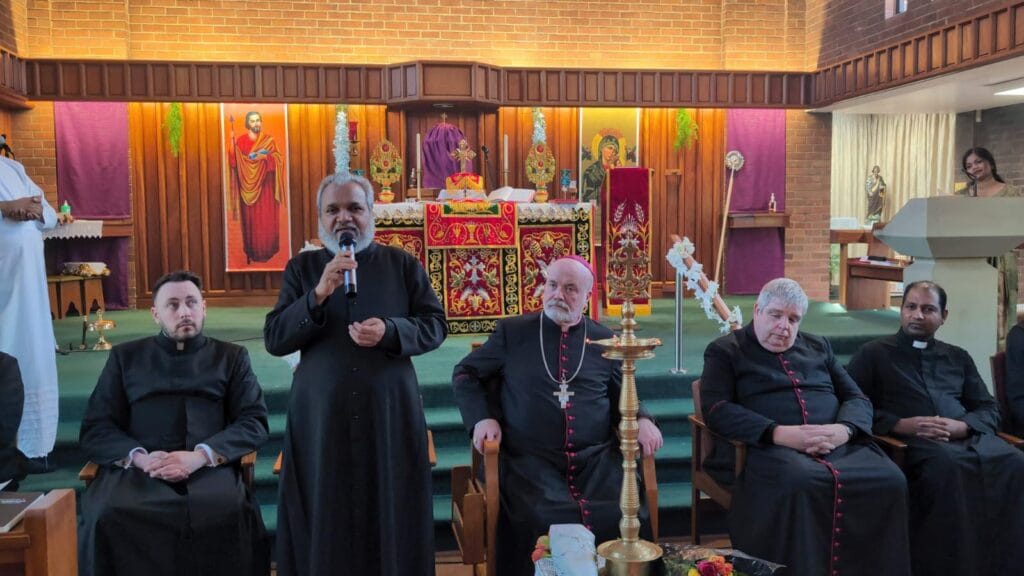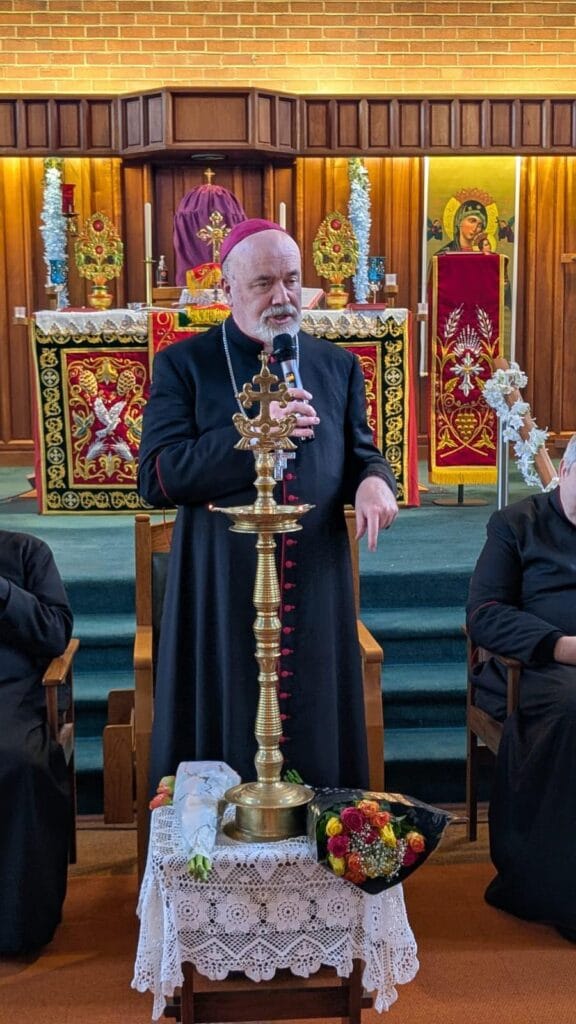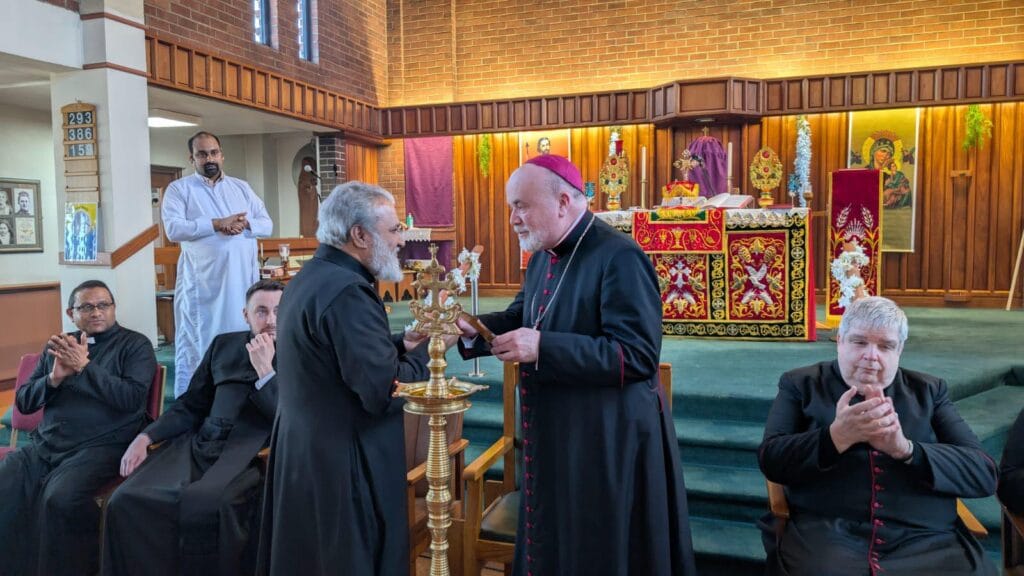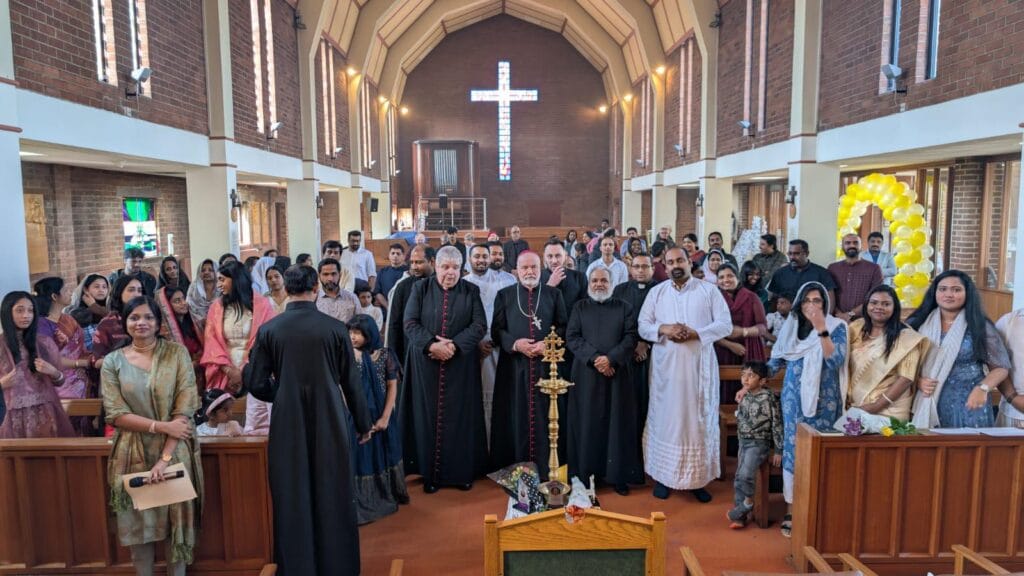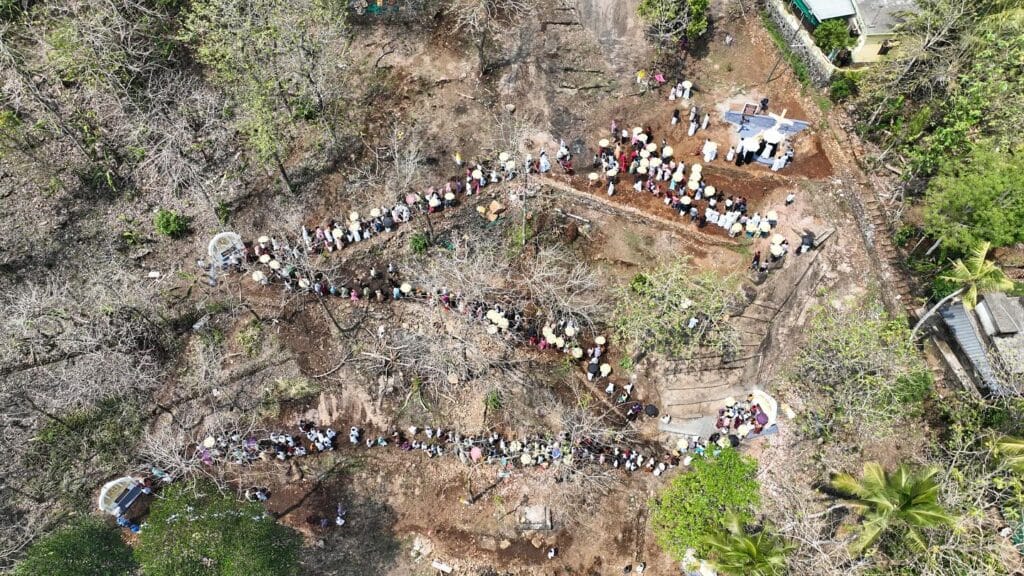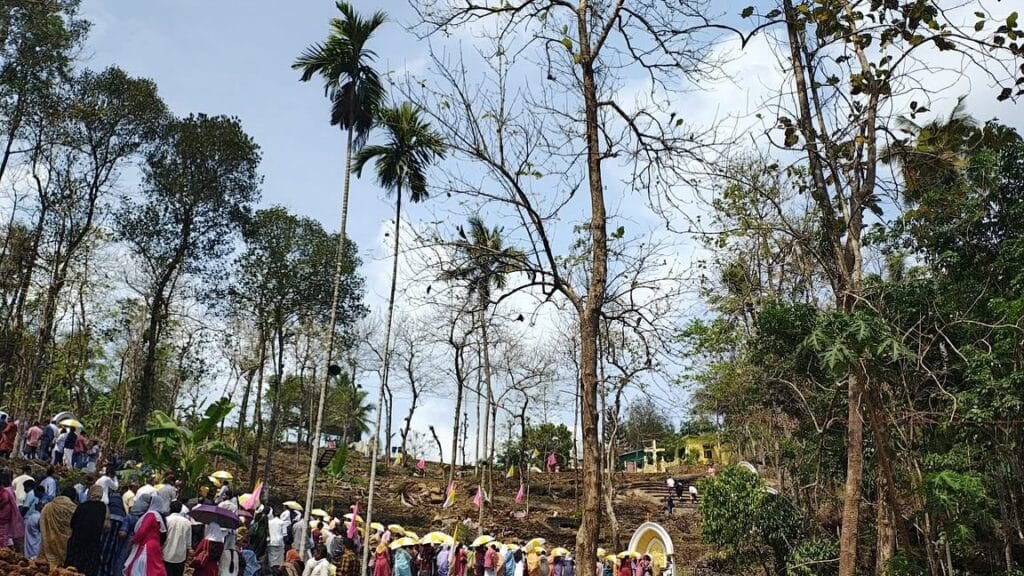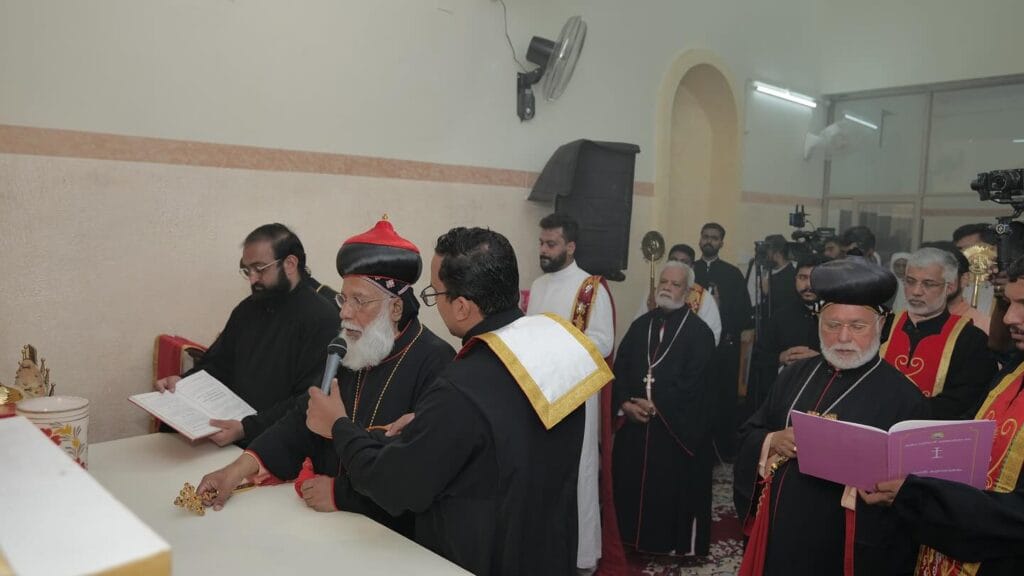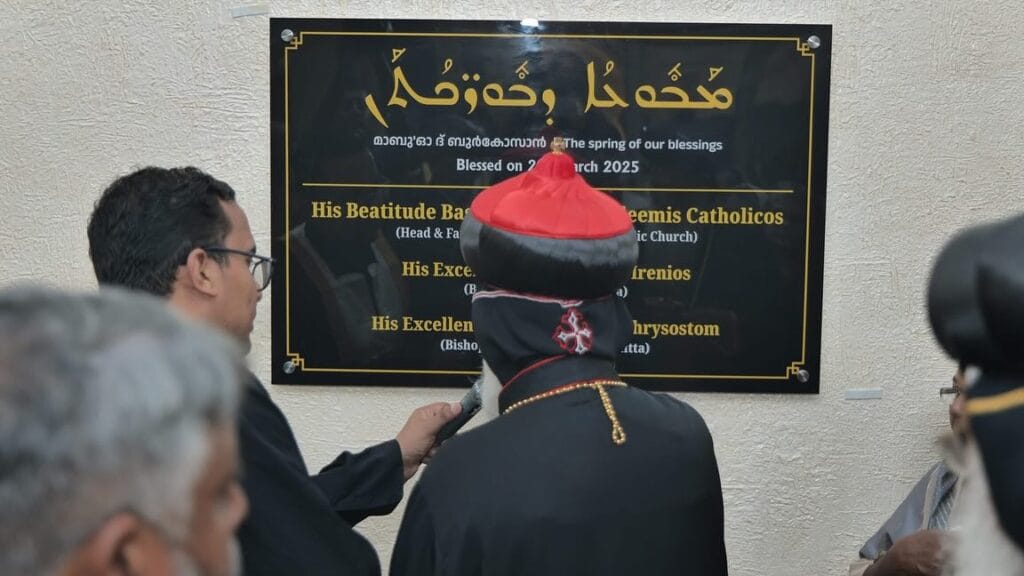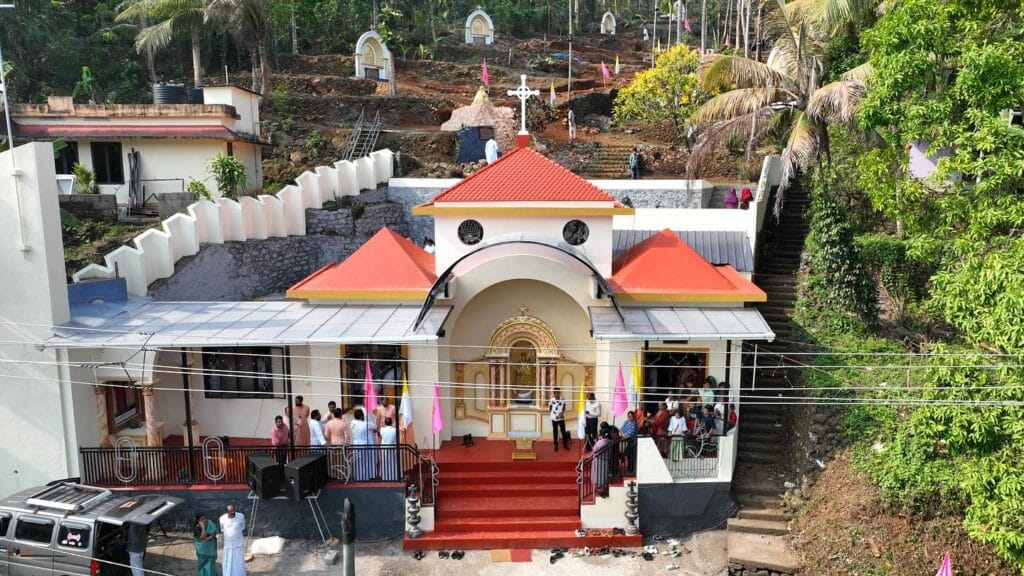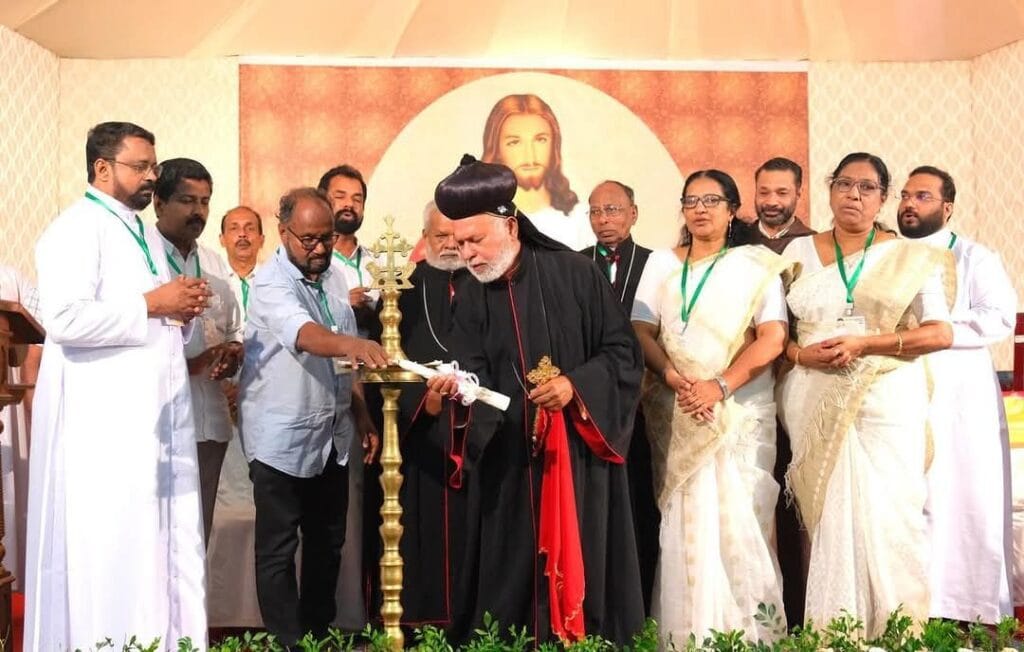Vatican City, 21 April 2025 — On a morning suffused with stillness, amidst the lilies of Eastertide and the hushed toll of ancient bells, the soul of Pope Francis quietly took its leave. At 7:35 AM (11.05 AM India Time), in his modest residence at Casa Santa Marta, the 88-year-old Pontiff, Jorge Mario Bergoglio — Bishop of Rome, Servant of the Servants of God — breathed his last. The Camerlengo of the Holy Roman Church, Cardinal Kevin Farrell, emerged shortly after to announce:
“With deep sorrow, I must announce the death of our Holy Father Francis. At 7:35 this morning, the Bishop of Rome, Francis, returned to the house of the Father. His entire life was dedicated to the service of the Lord and His Church.”
There is something oddly appropriate that Pope Francis, whose papacy began with gestures of humility and ended in quiet frailty, passed into eternity not with pomp or proclamations, but with the hush of Holy Week still lingering in the air. A shepherd, once vibrant with tango and laughter, had become an elder of suffering, his papacy steeped in the paradox of strength through weakness.
From Buenos Aires to the Fisherman’s Ring
Born on 17 December 1936 in Buenos Aires to Italian immigrants, Jorge Mario Bergoglio never seemed destined for the Chair of Peter. Trained first as a chemist, his early life held more of the tang of laboratories than the scent of incense. Yet a seemingly chance encounter with a confessor marked the hinge on which his story turned. The priesthood called, and he answered.
He joined the Society of Jesus, becoming a Jesuit priest in 1969. Appointed Provincial of Argentina at 36, he navigated the turbulent waters of Argentina’s Dirty War with caution and a deepening conscience. Over the years, the once-reserved bishop began to bear the unmistakable imprint of one who had looked into suffering and refused to avert his gaze.
As Archbishop of Buenos Aires from 1998, he lived in a small flat, cooked his own meals, and rode public transport. These were not affectations but natural expressions of a man whose theology had always been touched by the soil of the poor. Elevated to the College of Cardinals by Pope John Paul II in 2001, his name had begun to circulate in hushed tones after the 2005 conclave. But it was not until 13 March 2013 that lightning, quite literally, struck.
Habemus Papam: The Pontiff of the Peripheries
When white smoke curled above the Sistine Chapel, few could have guessed that the newly chosen Pope — who took the name Francis, the first ever to do so — would so profoundly reshape the imagination of the Catholic Church. Named after St. Francis of Assisi, the saint of poverty and peace, the new Pope stepped out onto the loggia not in the ornate papal mozzetta but in a simple white cassock.
“Buonasera,” he greeted the world, as if stepping into a neighbour’s home.
That greeting marked the tenor of his papacy. Francis walked out of the grand Apostolic Palace and chose instead to reside at Casa Santa Marta. He declined the red shoes, opting instead for his old black ones. He was a Pope who broke boundaries: the first Jesuit Pope, the first from the Americas, the first non-European since the eighth century. And he never let the Church forget that the Gospels begin in Galilee, not in Caesar’s palace.
Words That Wounded and Healed
His was a papacy not without controversy. To some, he was too bold; to others, not bold enough. But even his critics could not deny that Pope Francis wielded words like a surgeon’s scalpel — cutting open complacency, exposing the gangrene of clericalism, and reminding a weary world that mercy was not a sentiment but a demand.
“Who am I to judge?” he asked in reference to gay Catholics seeking God. Those five words sent shockwaves. So did his call for “a poor Church for the poor,” and his encyclicals on care for creation and human fraternity. His 2015 encyclical Laudato si’ remains perhaps the most significant spiritual document on ecology ever issued from the Vatican.
He opened doors to interreligious dialogue, kissed the feet of warlords in South Sudan, and washed the feet of prisoners on Holy Thursday. He criticised what he called “the spiritual Alzheimer’s” of those addicted to doctrinal rigidity, and he urged pastors to be “shepherds who smell of their sheep.”
Sickness and the Final Lent
Yet beneath the reformer always lived the man marked by illness. Having lost part of a lung in his youth due to infection, Pope Francis was no stranger to breathlessness. In February 2025, he was admitted to Rome’s Gemelli Hospital with bronchitis, which soon escalated to bilateral pneumonia. For thirty-eight days he remained under observation, battling illness while still attending to the affairs of the Church.
He waved to the faithful on Easter Sunday from the balcony of the hospital, offering blessings with a fragile smile. Just a day later, on Easter Monday, he departed this life. His last days were marked not by political intrigue or ecclesial strategy but by whispered prayers, the rustle of vestments, and the slow work of letting go.
His Funeral and the Path Ahead
At his request, the papal funeral rites will be marked by simplicity. Archbishop Diego Ravelli, Master of Apostolic Ceremonies, revealed that Pope Francis had overseen an update to the Ordo Exsequiarum Romani Pontificis in 2024, ensuring that the focus would rest not on worldly power but on the hope of the Resurrection.
The mortal remains of Pope Francis will lie in state at St. Peter’s Basilica before the funeral Mass. In keeping with tradition, cardinals from around the world will convene for the conclave that follows. As incense rises and bells toll, the Church will not only mourn a Pope but will prepare to elect another.
Yet there is no replacing a Francis. His papacy was not a chapter; it was an exclamation. He will be remembered not simply for where he stood, but for how he walked—with a limp, perhaps, but toward the wounded, the weary, and the forgotten.
The Pope of Paradoxes
He was a man who kissed children and confronted tyrants. A Jesuit with a Franciscan heart. A theologian who listened. A pontiff who prayed aloud to the Virgin with the soul of a child.
To us in the Syro-Malankara Catholic Church, Pope Francis was not a distant figure but a spiritual father. His esteem for the Eastern Catholic Churches, his reverence for liturgical diversity, and his pastoral letters to our bishops will remain etched in our memory.
Even as his voice is now silent, his words continue to speak. And perhaps the last word he leaves us with is not in doctrine but in gesture: a Pope who, even in infirmity, refused the chariots of kings and chose the simple path of Christ.
He is gone. And yet, we believe, in the Communion of Saints, he is more present than ever.
Requiescat in pace, Holy Father. The Church mourns, and heaven sings.
